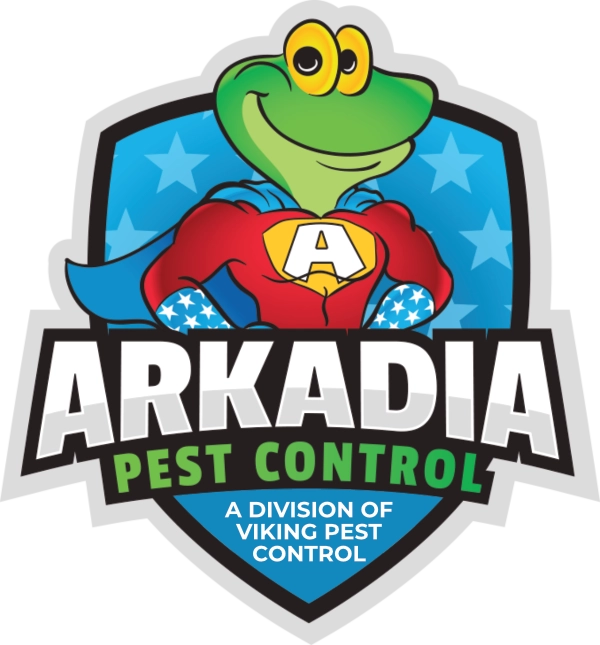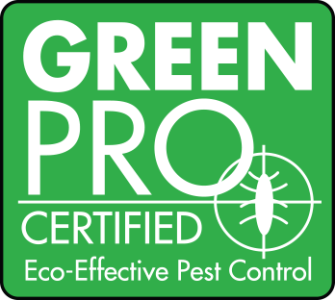As climate change continues to alter the earth’s atmosphere in unpredictable and erratic ways, humanity is seeing many unusual patterns in the global ecosystem. Not least of these new patterns is the behavioral changes of pests. Already, pests are exhibiting peculiar new characteristics and appearing in geographical regions that scientists once believed to be ill-suited for them. For example, the mountain pine beetle, southern pine beetle, and hemlock wooly adelgid have suddenly moved into forests with ecosystems unprepared for their arrival while causing significant amounts of damage. Here are some other ways climate change is affecting pest populations and what the consequences will be.
Range of Distribution
One change that pests will undergo is their range of distribution. Bugs don’t migrate to places where the temperature is too hot or too cold, meaning you won’t find many in mountain ranges or areas with a low elevation. However, now that the heat is on the rise, insects are gradually discovering that more areas are available to them and areas where they used to live may not support them any longer. For example, one dangerous North American spider, the brown recluse, has migrated further north than ever before. As climate change does not seem to be slowing down, the balance of ecosystems all over the world are going to feel its effects.
Reproduction
Not only is the distribution range of pests going to change, but their reproductive cycles are going to alter considerably as well. Pests such as wasps, mosquitoes and bees have developed a reproductive pattern to prepare for winter where they will lay eggs in the fall before the cold comes and kills almost their entire generation. Then the eggs they laid will hatch and replenish the species in spring. However, with winters becoming increasingly mild, more and more insects are surviving the season to live and reproduce for another year. With the rate of insects being born largely eclipsing the rate at which they are dying, it’s no surprise that many insect populations around the earth are skyrocketing.







